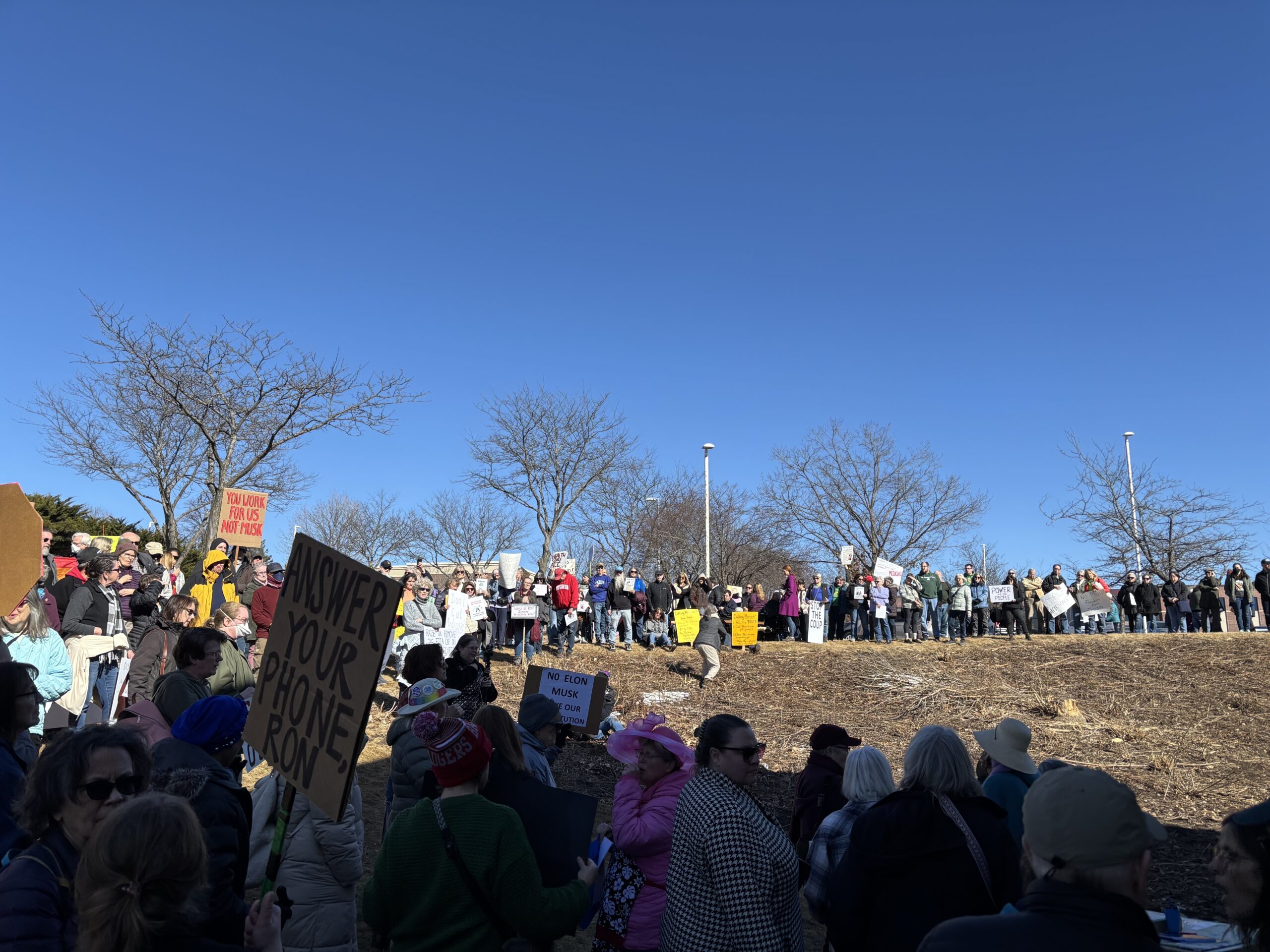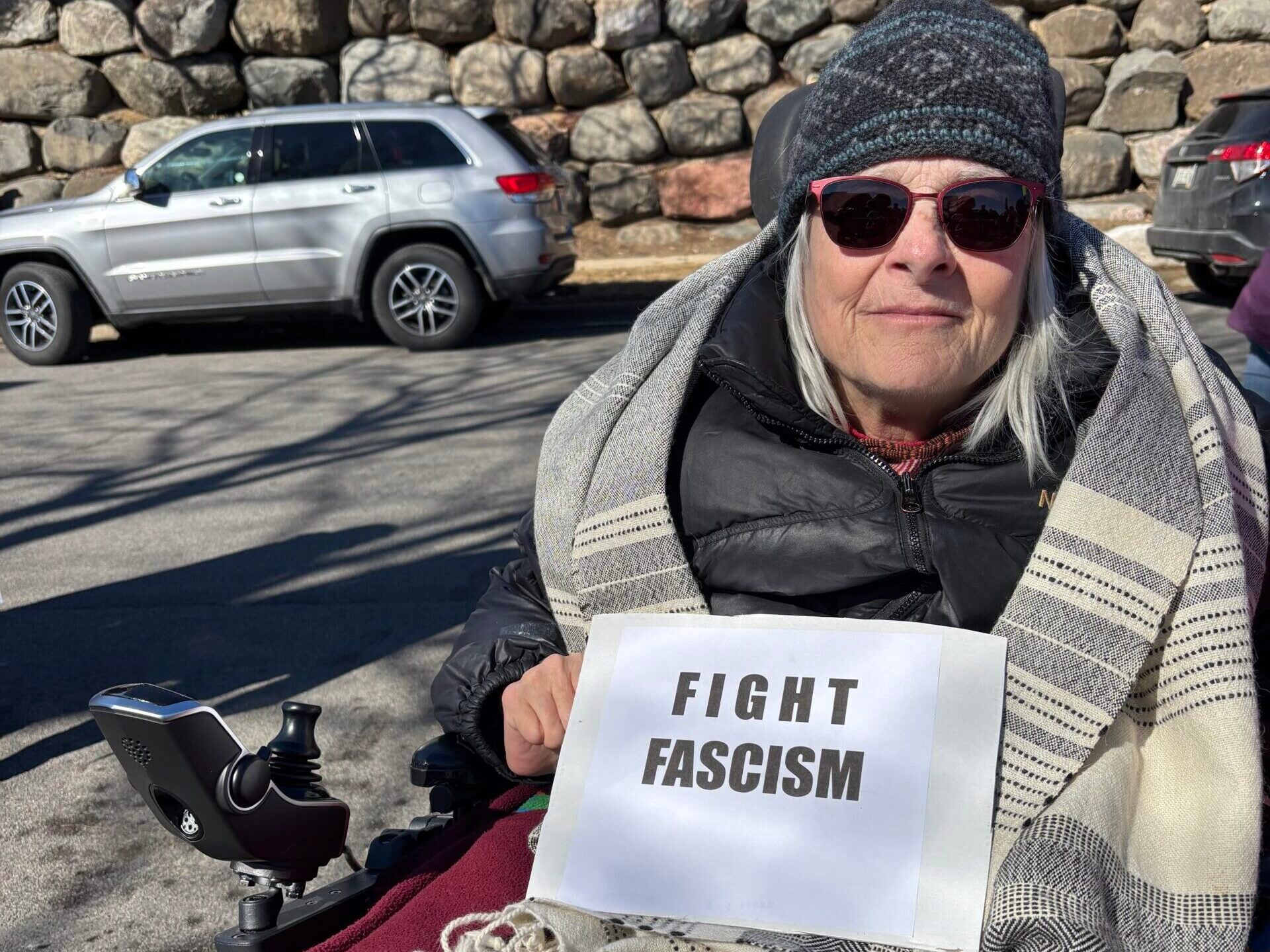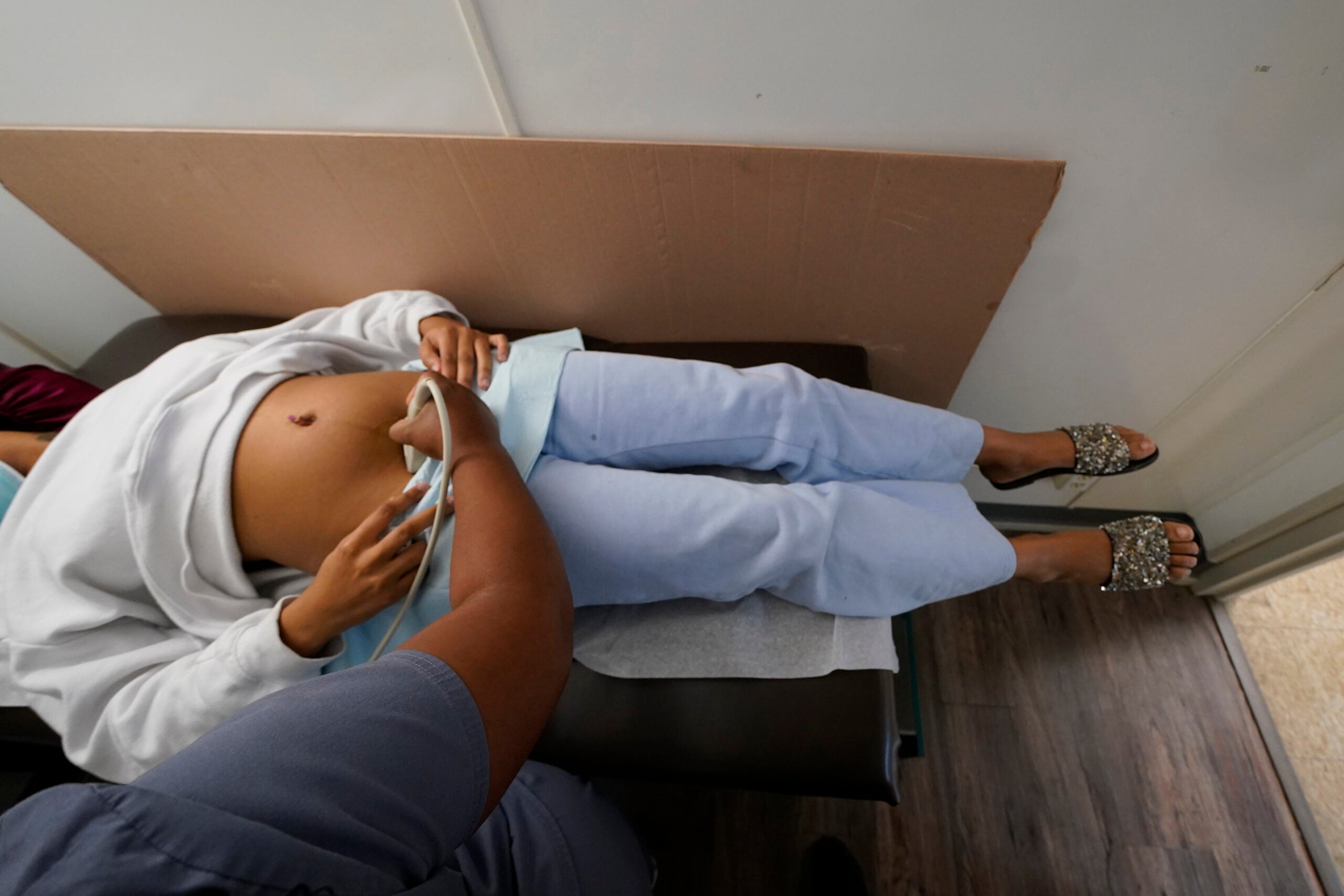Wisconsin’s health insurance program for people with limited income will soon offer help with housing for members with substance use or other mental health conditions.
The new Medicaid benefit, which will be available in February, is aimed at helping people who are experiencing homelessness or are at risk of losing their housing.
Bill Hanna, director of Wisconsin Medicaid, said having a stable place to live is critical for a person’s long-term health outcomes.
Stay informed on the latest news
Sign up for WPR’s email newsletter.
“When we think about somebody who is working through recovery from addiction or mental illness, it’s pretty hard to put your health care first when you don’t know where you’re going to sleep at night,” Hanna said.
He said people who are unhoused use ambulance services and emergency departments at much higher rates, leading to higher costs for the state-federal insurance program.
The new benefit will help individuals find and secure affordable housing, and in some cases will cover a security deposit and basic home furnishings to help them get started. It will also provide continued support after a person moves in to make sure they’re able to maintain their new housing.
The state rolled out a similar program last year for families with children and people who are pregnant through the Children’s Health Insurance Program. At least 388 families used the services in 2024, according to the state Department of Health Services.
While the cost of providing support will be covered by Medicaid, the services will be offered through agencies in the state’s Continuum of Care networks. These are organizations that are already providing homelessness services through federal funding provided by the U.S. Department of Housing and Urban Development, or HUD.
Carrie Poser is director of the Balance of State Continuum of Care, which covers all Wisconsin counties outside of Dane, Milwaukee and Racine. She said the new Medicaid benefit will help local organizations stretch their dollars further by paying for some of the services that were previously covered with limited HUD grants.
“That, to me, is the biggest win, is that we will have more funds to provide rent assistance and leasing assistance for folks, hopefully to be able to house more people, especially as we continue to see those numbers increase,” Poser said.
She said the benefit will also help agencies serve people who are at immediate risk of falling into homelessness, a population that she said is not often covered by HUD funding.
Poser said there are some limitations to the new Medicaid benefit. She pointed out that anyone who is already enrolled in a supportive housing program won’t qualify. She said federal rules also limit the security deposit assistance to people who are coming from a shelter and isn’t available for individuals who have been living outside.
She said having funding assigned to an individual instead of being granted to a specific agency will be a change for the organizations who do this work. But she said the benefit will also bring in new partners like managed care organizations who can help provide these services.
“That’s going to be a little bit of a balancing act, and we’re going to learn to work through that,” she said. “I also think people will be better served as a result.”
Wisconsin Public Radio, © Copyright 2025, Board of Regents of the University of Wisconsin System and Wisconsin Educational Communications Board.





